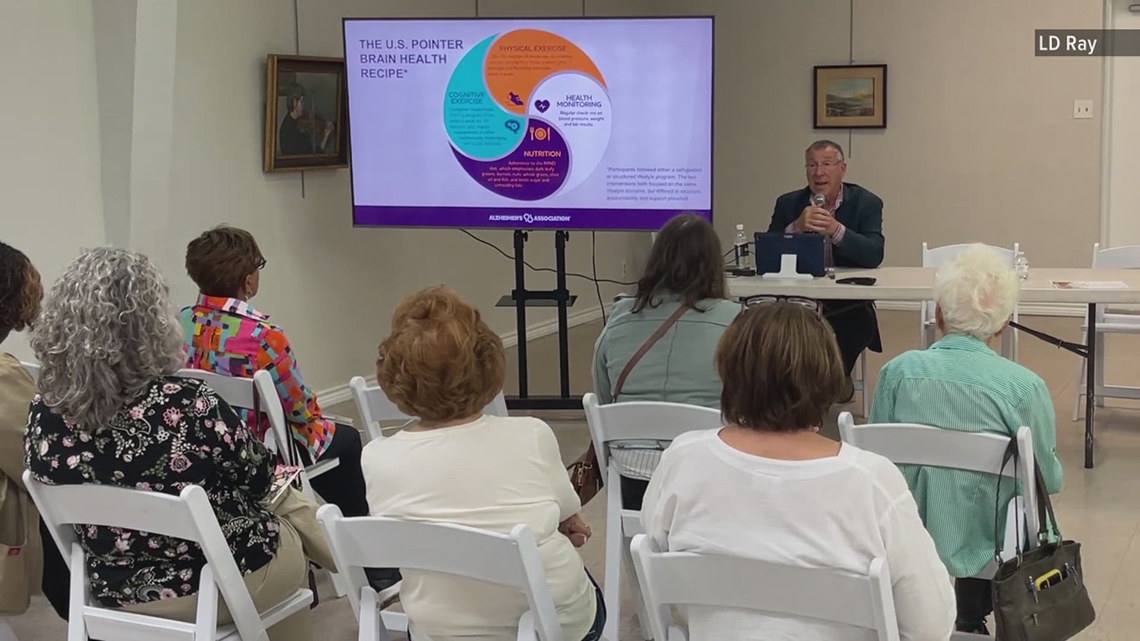Proposition 14 could allocate $3 billion to Alzheimer’s research in Texas, offering hope for families coping with dementia and future advancements in brain health.
BEAUMONT, Texas — Texas voters will soon decide whether to approve a multi-billion-dollar investment in brain health research aimed at tackling Alzheimer’s and dementia. Proposition 14, on the November ballot, would provide $3 billion to study dementia, Alzheimer’s disease and other brain-related conditions across the state.
Supporters say the measure offers a critical opportunity to address what has become a growing problem. The Texas Department of State Health Services reports that about 460,000 Texans age 65 or older are living with Alzheimer’s.
“Alzheimer’s is one of the worst diseases in the world,” said Walter Newby, a resident of The Haven Assisted Living in Beaumont.
Local advocates say Proposition 14 represents hope for families and future generations. Daniel Duplechin, owner of The Haven Assisted Living, said the measure could help prevent others from experiencing the pain caused by memory loss diseases.
“That way, you know, people like me or you or our children won’t have to go through this and deal with this kind of pain and loss,” Duplechin said.
The Alzheimer’s Association of Southeast Texas recently hosted a research update and education session on Proposition 14. State Rep. Christian Manuel, who attended the event, said the measure is about helping Texans, not politics.
“What this will be doing is making sure that we are protecting all Texas citizens,” Manuel said. “To make sure that we’re giving them what they need when it comes to having information, education, and also treatment when it comes to Alzheimer’s.”
Shanna Briggs, regional manager of the Alzheimer’s Association of Beaumont, said the funding would bring new hope for progress.
“There’s hope in the future for everyone involved,” Briggs said. “If we can get DPRIT, the Dementia Prevention Research Institute of Texas, passed, we can have some hope that there will be more money allotted for research in the state of Texas.”
For many families, Alzheimer’s takes a toll beyond the patient. Newby said his mother’s battle with the disease was hardest on those who loved her.
“It’s hard on the families,” Newby said. “That’s where it’s hard, on the families trying to deal with somebody that don’t even know you. My mother didn’t know anybody, not even her husband.”
Briggs said the Alzheimer’s Association hosts a caregiver support group every third Thursday of the month at 1:30 p.m. at the R.C. Miller Library in Beaumont.

